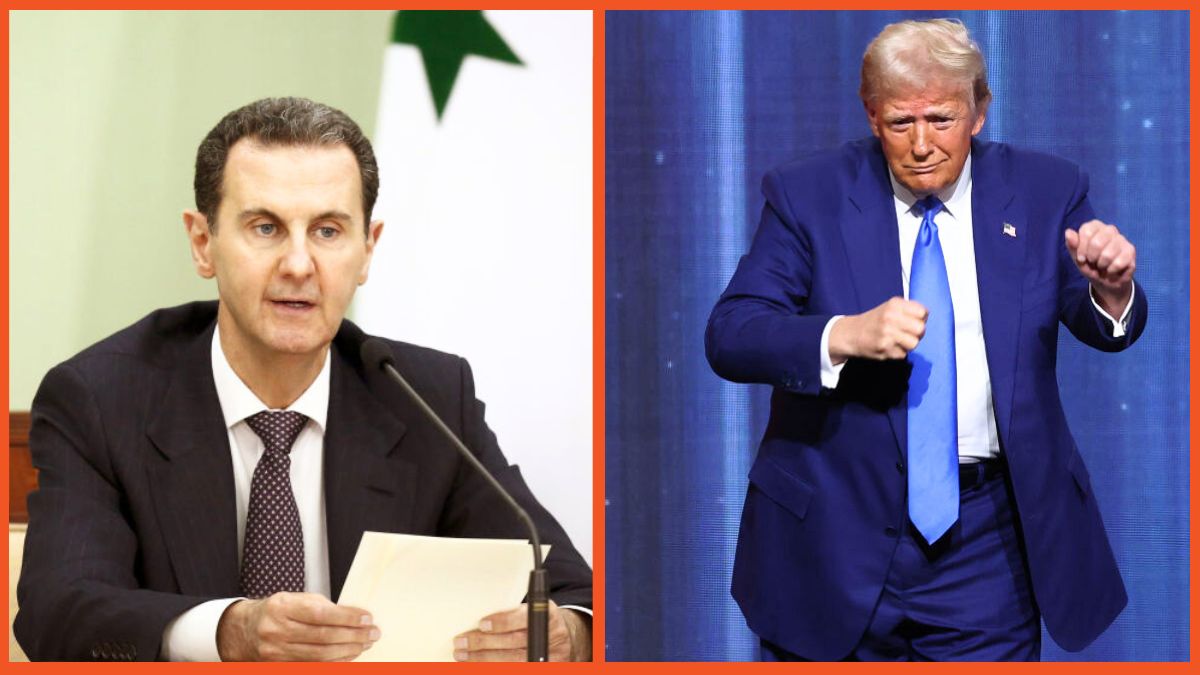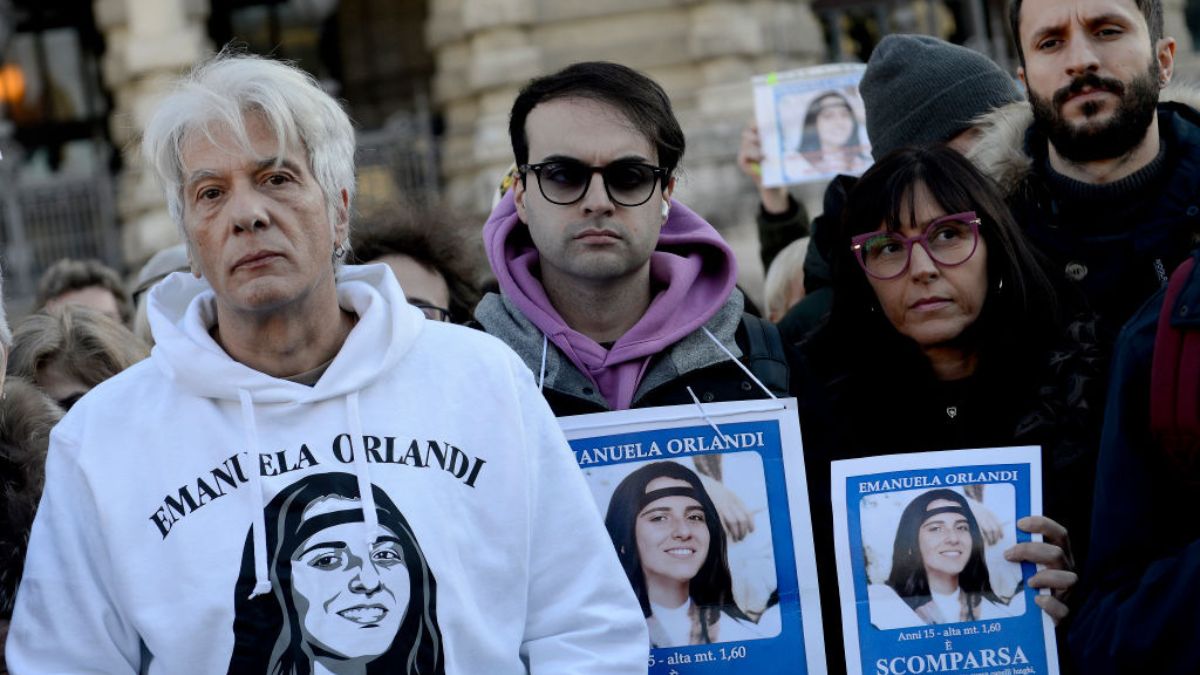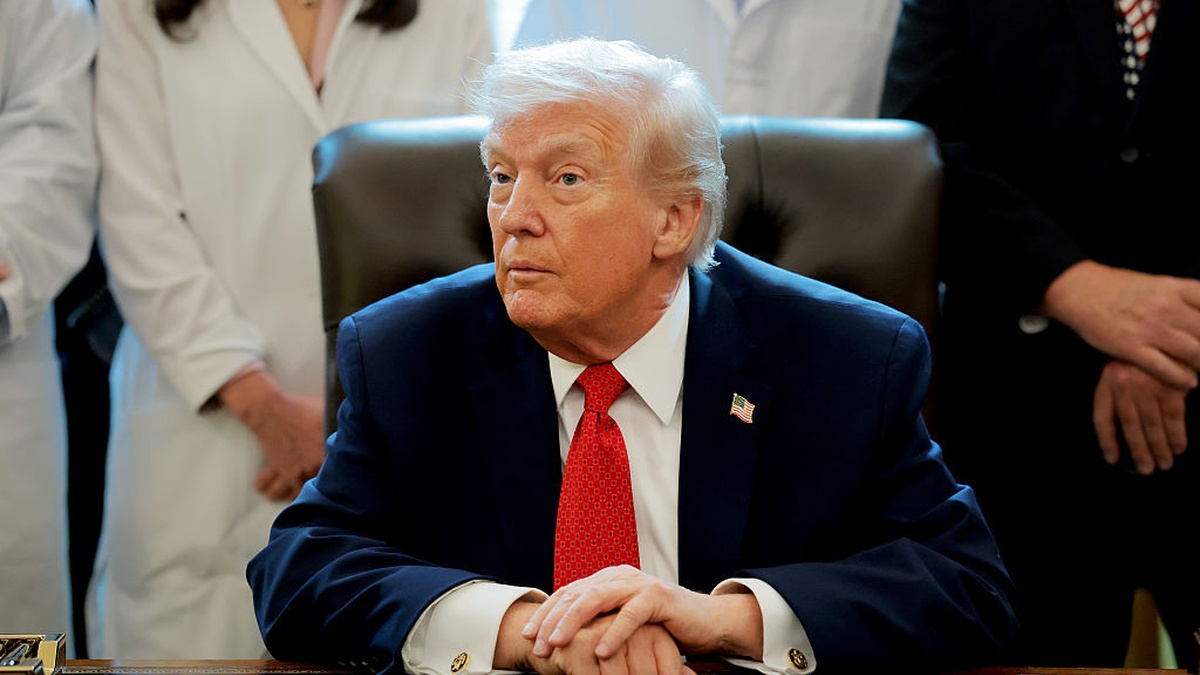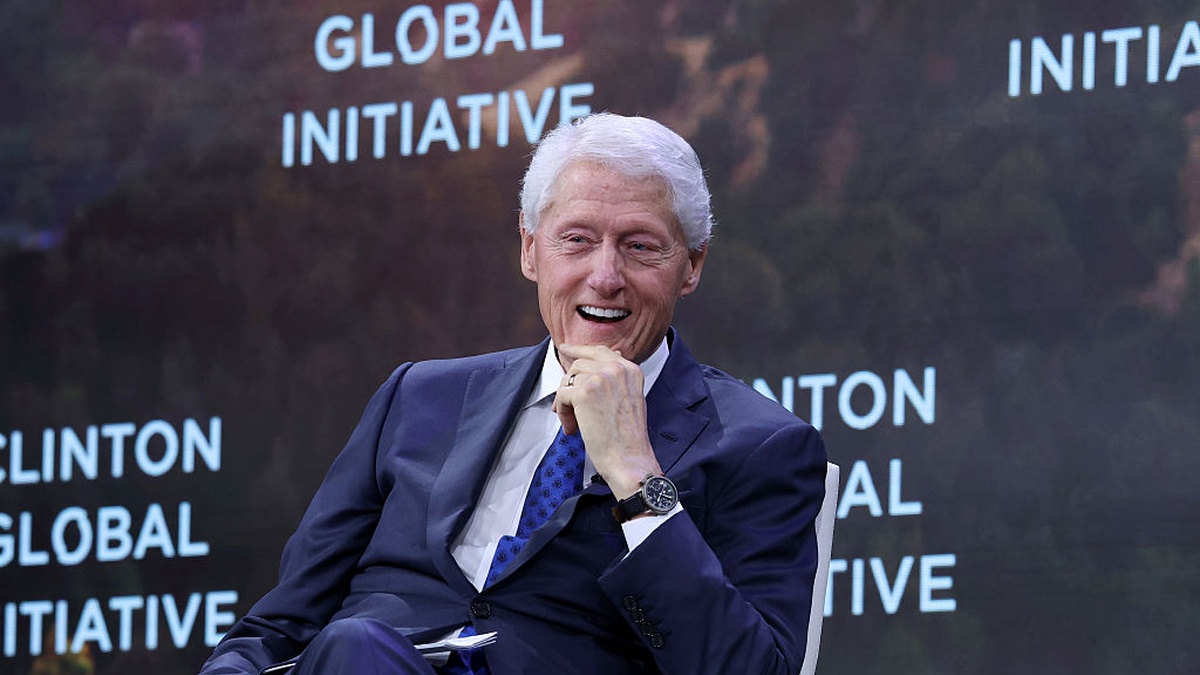Bashar al-Assad‘s reign in Syria has ended after 14 years of war crimes, chemical attacks, and clinging to power like an uninvited dinner guest. And while the world watches the fallout, one question seems to loom over Washington: What does this mean for Tulsi Gabbard?
For years, Assad seemed untouchable. He held onto power with the help of Russia and Iran. Respectable allies, right? But his buddies were preoccupied with the war in Ukraine and Gaza. Suddenly, the man who brutalized half a million Syrians and displaced millions was left without a lifeline. Insurgents made their move, and the dynasty Assad’s father started 54 years ago was gone just like that. He reportedly fled the country, and we don’t know where he’ll turn up next.
So, what does Tulsi Gabbard have to do with this? Well, Assad’s exit exposes how much political capital Gabbard spent defending him. He was always a toxic ally, but Gabbar framed herself as a voice for “peace” while running PR for a war criminal. Lawmakers from both sides were already worried about Gabbard’s views on Russia and Syria. In 2018, members of Congress had to cover up the face of a Syrian defector who was testifying because they were worried that Gabbard would share info with Assad. The timing of Assad’s downfall is far from ideal for Gabbard. She is set to meet with lawmakers next week for her Director of National Intelligence confirmation hearing.
Gabbard built her image as a straight-talking lone wolf, but her Assad connection has always been a major stain. Back in 2017, she waltzed into Damascus for a sit-down with the man who’d spent years bombing his own people and asked, “Why is the U.S. supporting these terrorist groups in Syria?” As if Assad wasn’t the guy gassing civilians and dropping barrel bombs like confetti. Her unannounced trip to Syria was funded by a pro-Assad group, and when the backlash hit, she claimed she’d reimbursed the costs. Then there were her comments defending Assad and questioning U.S. intelligence on his use of chemical weapons—comments that conveniently aligned with Russian and Syrian propaganda. So, it makes sense that lawmakers are not very trusting of Gabbard. Just this week, John Bolton implied that Assad’s collapse might expose Gabbard as a paid asset.
If Assad’s next move is as predictable as his air raid, he’ll resurface in some gilded exile, far from the rubble of Syria. Tulsi may want to figure things out before her confirmation hearing. She might want to lay low for a bit. Assad’s fall is a humiliating chapter for her self-proclaimed “anti-interventionist” brand.
Social media will keep dragging her, the memes will keep rolling in, and we’re all just waiting to see how she tries to spin this. For now, the only thing we can say with confidence is this: dictators may fall, but Tulsi Gabbard’s loyalty? That’s forever. Good luck explaining this one, Tulsi. Maybe send Assad a care package—some sunscreen, a burner phone, and a card that says, “Thinking of you. Love, Tulsi.”











Published: Dec 8, 2024 08:03 am